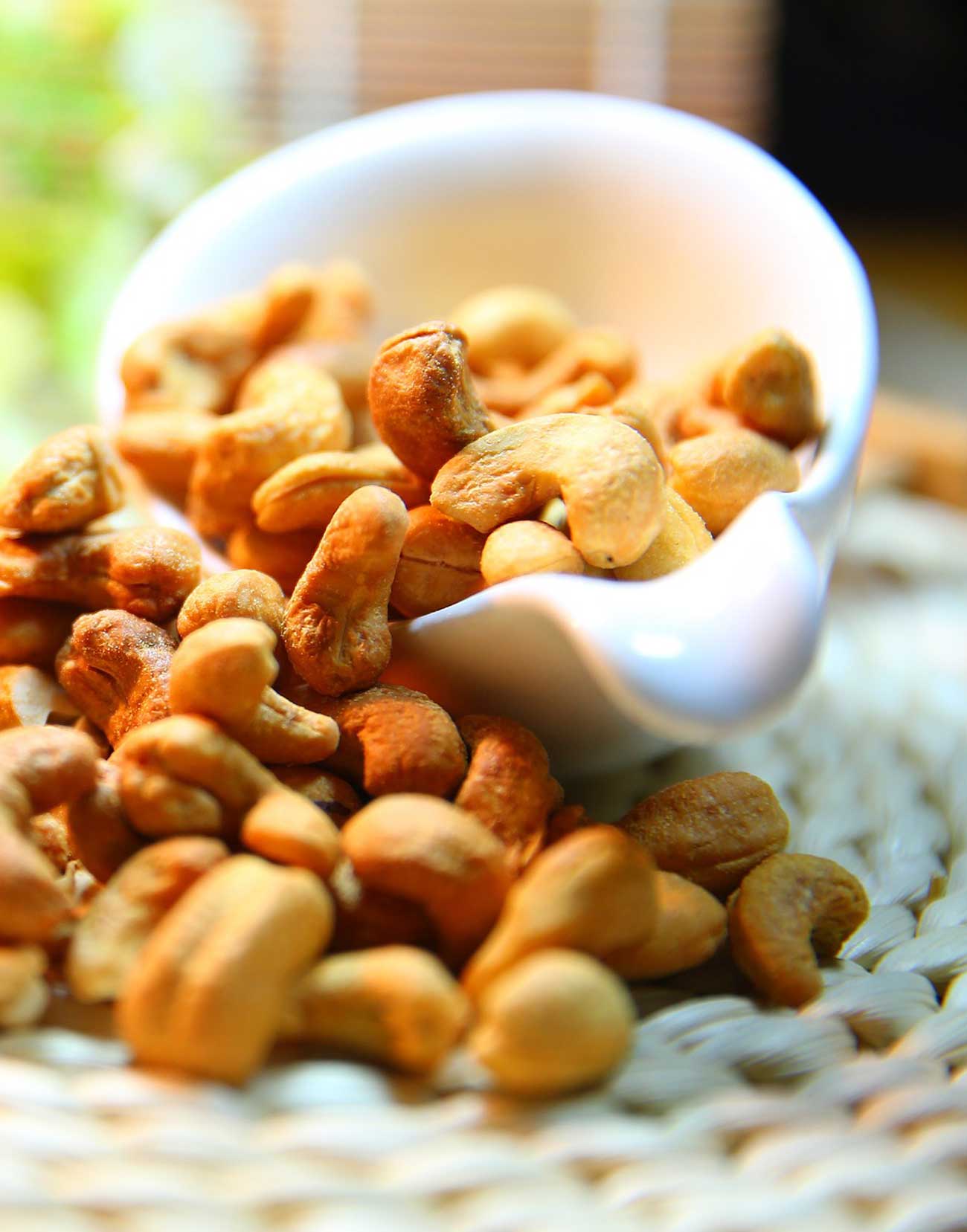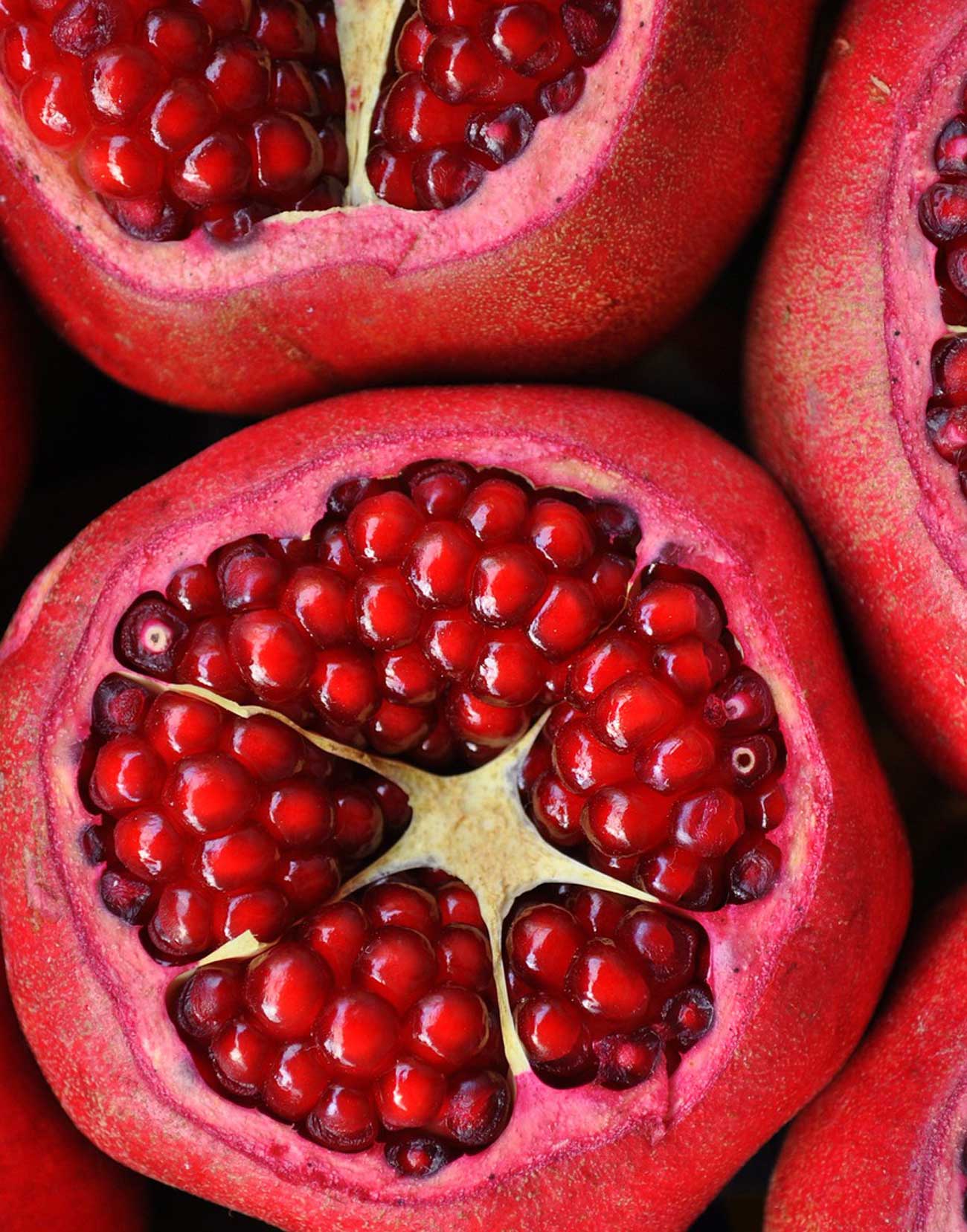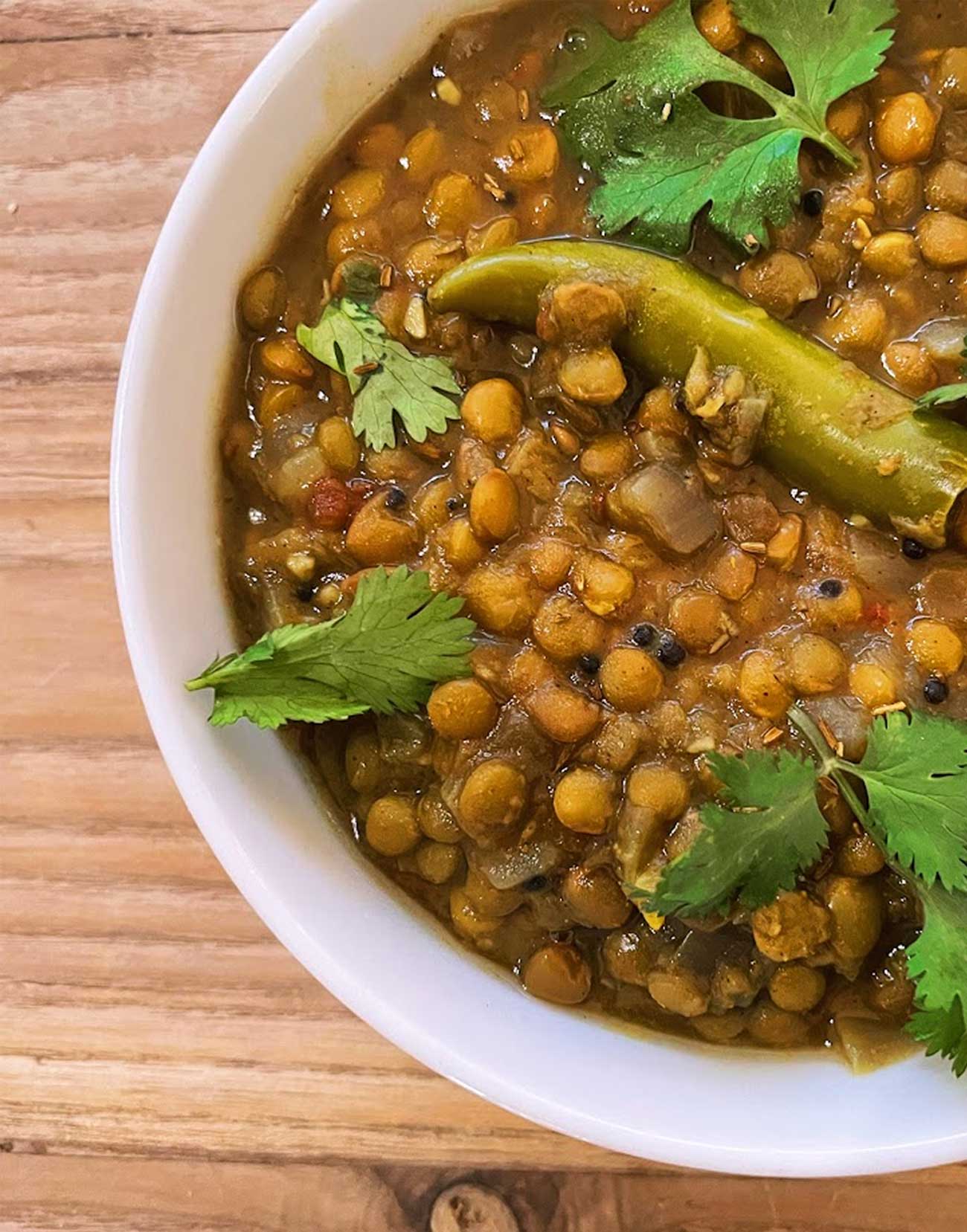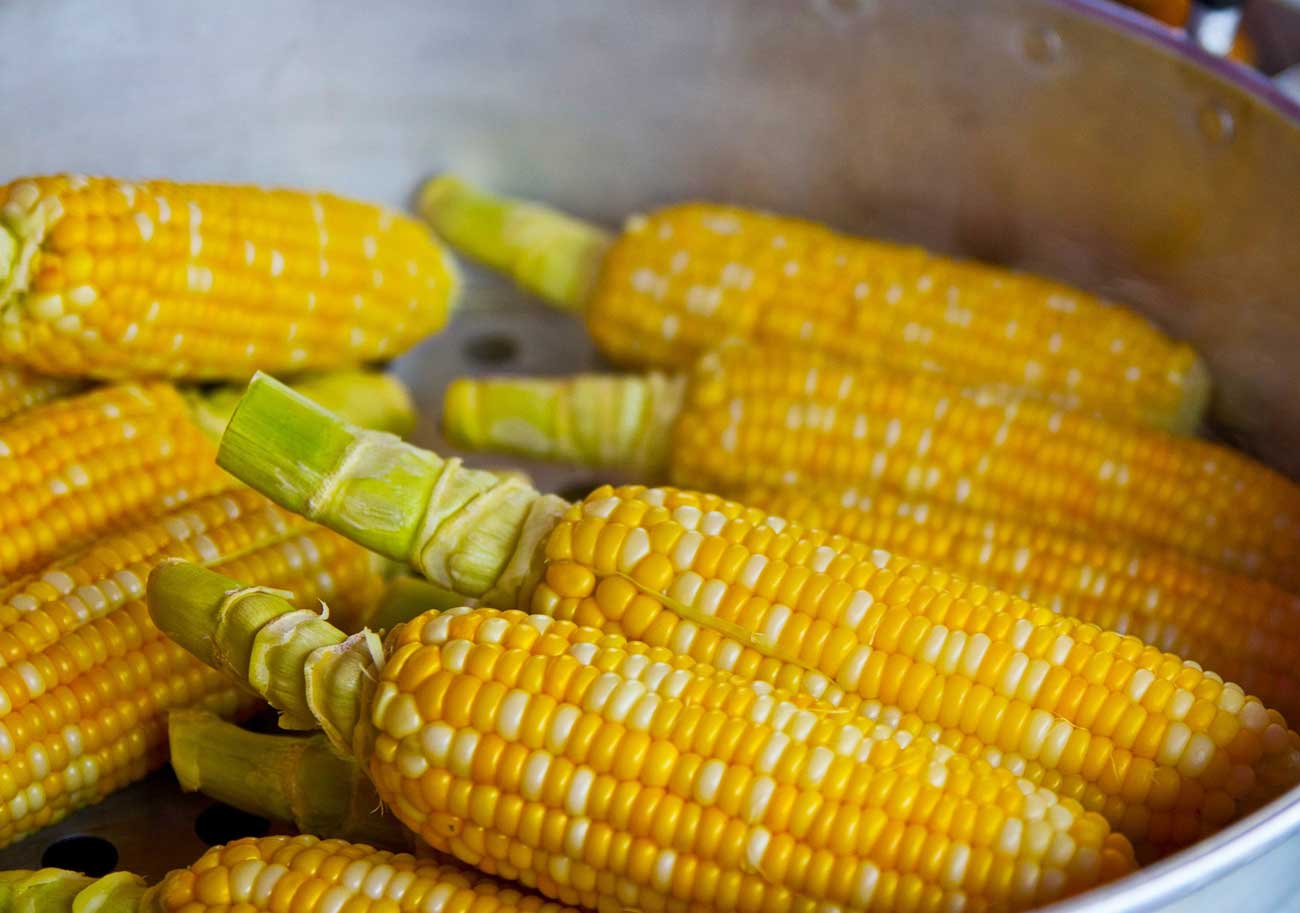
Is Corn a Diabetes-Friendly Choice? The Impact of Corn on Blood Sugar
If you’re managing diabetes, you know that watching what you eat is crucial. One common question that often comes up is whether corn is a safe choice for individuals with diabetes. So, let’s dive right in and explore the impact of corn on your blood sugar.
Understanding the Basics
First, it’s important to understand the basics. Corn is a starchy vegetable, and it contains carbohydrates. Carbohydrates can affect your blood sugar levels, which is why they are a key concern for people with diabetes. The carbohydrates you consume are broken down into sugar (glucose) in your body, and this can cause your blood sugar levels to rise.
The Carbohydrate Conundrum
Now, let’s talk about carbohydrates in corn. Corn does contain carbohydrates, primarily in the form of starch. One cup of cooked corn typically contains around 30 grams of carbohydrates. When you eat corn, your body digests these carbohydrates and converts them into glucose, which enters your bloodstream.
The Impact on Blood Sugar
The impact of corn on your blood sugar can vary from person to person. It depends on factors like portion size, how it’s prepared, and what you eat it with. Here’s what you need to know:
1. Portion Size: The amount of corn you eat matters. Eating a small portion of corn will have a different effect on your blood sugar compared to consuming a large serving.
2. Preparation Methods: How you prepare corn matters too. Boiled or steamed corn may have a gentler impact on blood sugar compared to fried or buttered corn.
3. Pairing with Protein and Fiber: Including protein and fiber in your meal can help stabilize blood sugar levels. For instance, having corn with lean protein and vegetables can mitigate the blood sugar spike.
4. The Glycemic Index: The glycemic index (GI) measures how quickly a carbohydrate-containing food raises blood sugar. Corn has a moderate GI, which means it may cause a gradual increase in blood sugar levels compared to high-GI foods.
Balancing Act
Managing your blood sugar while enjoying corn comes down to balance and moderation. Here are some tips:
1. Portion Control: Keep your portion sizes in check. A small serving of corn can be part of a balanced meal.
2. Preparation Matters: Opt for healthier cooking methods like boiling, steaming, or grilling to reduce the addition of extra fats and sugars.
3. Pair Wisely: Combine corn with foods that have a low GI, like lean proteins, non-starchy vegetables, and healthy fats.
4. Regular Monitoring: Monitor your blood sugar levels regularly to understand how different foods, including corn, affect you personally.
Conclusion
So, is corn a diabetes-friendly choice? The answer is yes, but with some considerations. Corn can be a part of your diabetes-friendly diet as long as you consume it in moderation, watch your portion sizes, and pair it with other low-GI foods. Remember, managing diabetes is about making informed choices, and you have the power to enjoy a variety of foods while keeping your blood sugar levels in check.
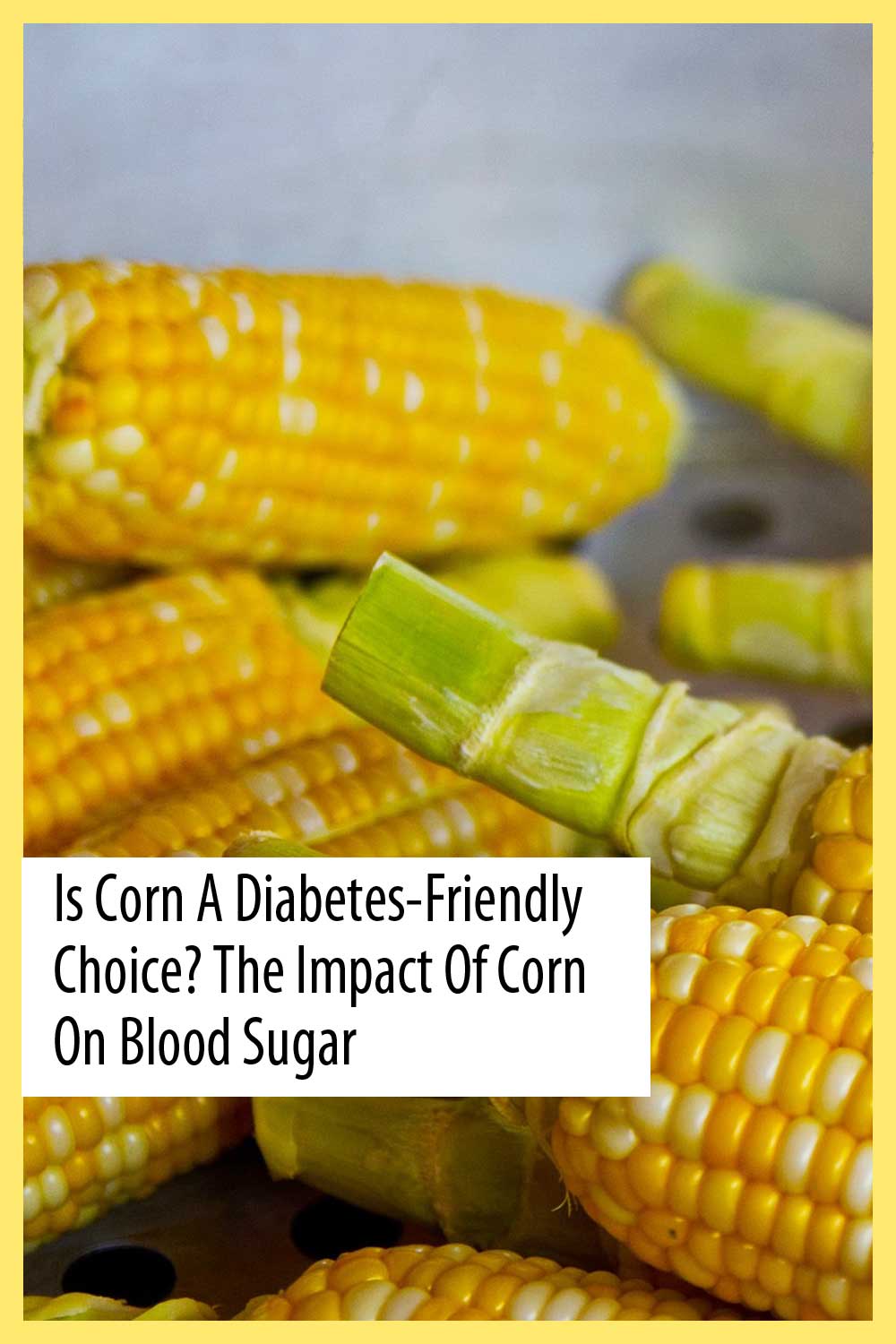
Is Corn a Diabetes-Friendly Choice? The Impact of Corn on Blood Sugar
Medical Advice Disclaimer
DISCLAIMER: THIS WEBSITE DOES NOT PROVIDE MEDICAL ADVICE
I am not a doctor. The information, including but not limited to, text, graphics, images and other material contained on this website are for informational purposes only. No material on this site is intended to be a substitute for professional medical advice, diagnosis or treatment. Always seek the advice of your physician or other qualified health care provider with any questions you may have regarding a medical condition or treatment and before undertaking a new health care regimen, and never disregard professional medical advice or delay in seeking it because of something you have read on this website.

